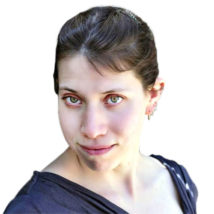
Bethany Brookshire was a longtime staff writer at Science News Explores and is the author of the book Pests: How Humans Create Animal Villains. She has a B.S. in biology and a B.A. in philosophy from The College of William and Mary, and a Ph.D. in physiology and pharmacology from Wake Forest University School of Medicine. She was a 2019-2020 Knight Science Journalism Fellow at MIT, the winner of the Society for Neuroscience Next Generation Award and the Three Quarks Daily Science Writing Award, among others.

All Stories by Bethany Brookshire
-
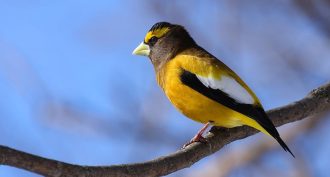 Animals
AnimalsFinding out why birds are out of range
Sometimes people see large numbers of birds outside of their normal range. A student examined how to predict these excursions.
-
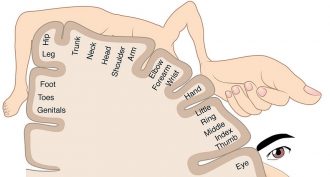 Brain
BrainScientists Say: Cortical homunculus
If you draw a representation of your body as seen by your brain, it’s called a homunculus. On it, parts sensitive to touch or used for fine movement are large, while others are small.
-
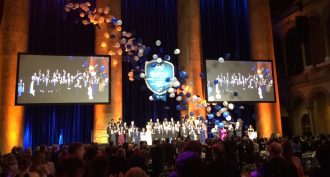 Science & Society
Science & SocietyTeens win top awards, as told on Twitter
Eureka! Lab live-tweeted the 2015 Intel Science Talent Search gala. Check out the finalists and winners.
-

A teen and a trolley reveal society’s dark side
If a trolley continues on its track, five people will die. But you can flip a switch so that it only kills one. A student showed that how we decide what to do in this situation can reveal our hidden biases.
-
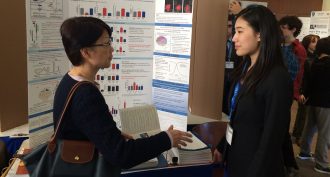
That’s when I knew I loved science
Finalists at the Intel Science Talent Search competition tell Eureka! Lab when they realized they loved science, technology, engineering and math.
-
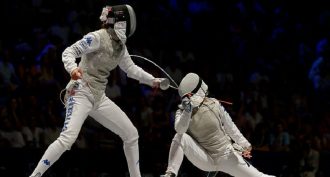
Science foils fencing history
Fencing is a sport where knowledge has been handed down for many generations. A high school student decided to add some science into the mix.
-
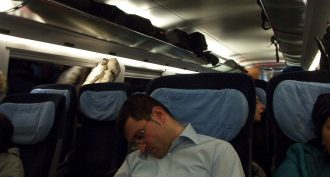 Health & Medicine
Health & MedicineScientists Say: Circadian
We often feel the pull of sleep when the sun goes down. Light and our own biology put us into a regular, 24-hour rhythm that has its own word.
-
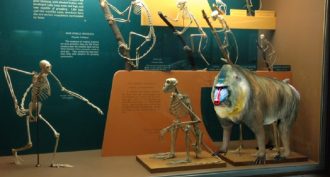 Tech
TechMuseum app fleshes out old bones
Museum app breathes life into skeletons. But it will need more funding to make it shine.
-
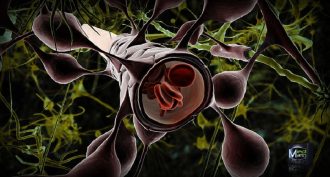 Brain
BrainScientists Say: Blood-brain barrier
Blood can contain nasty bacteria and other things you want to keep away from your delicate brain. The blood-brain barrier is up to the job.
-
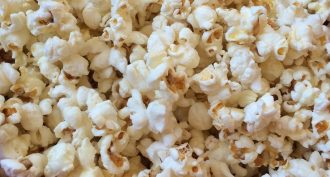
Popping my own corny experiment
Popcorn pops at 180 °C, according to a study, but that was corn popped in an oven. What happens if you try to confirm this on a stove top?
-
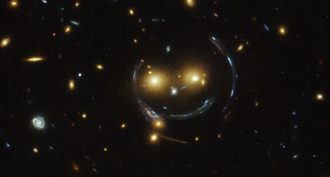 Psychology
PsychologyScientists Say: Pareidolia
We often see things that aren’t there, such as bunnies in clouds or faces in toast. They aren’t real, but they do have a special name
-
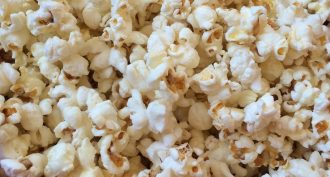 Physics
PhysicsHow popcorn got its pop
Popcorn is a popular treat. Now, scientists have learned exactly what happens as it pops. They also have come up with an experiment they hope you will try.